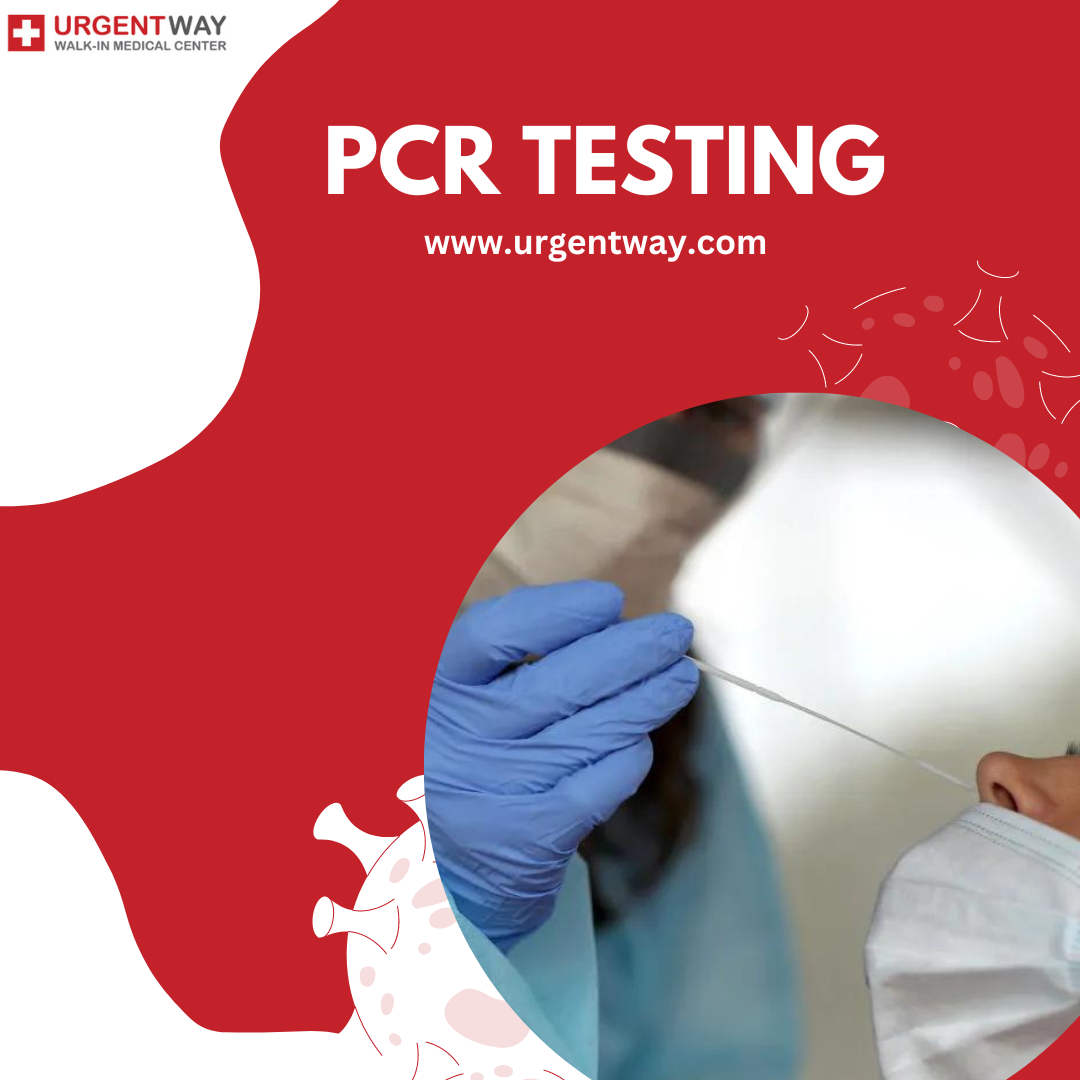Polymerase Chain Reaction (PCR) is not typically used in rapid COVID-19 tests. Rapid COVID-19 tests are designed for quick results and are primarily based on different principles, such as antigen detection or isothermal amplification. PCR is a highly sensitive and accurate method for detecting the genetic material of the virus, but it is not suitable for rapid testing due to its longer processing time.

Rapid COVID-19 tests often use techniques like antigen testing or molecular isothermal amplification to detect the virus. Here’s a brief overview of these methods:
- Antigen Testing: Antigen tests detect specific proteins on the surface of the SARS-CoV-2 virus (the virus responsible for COVID-19). These tests are relatively quick and can provide results in as little as 15-30 minutes. However, they may be less sensitive than PCR and more likely to produce false-negative results, particularly when used on individuals with low viral loads.
- Molecular Isothermal Amplification: Some rapid tests use isothermal amplification techniques, such as Loop-Mediated Isothermal Amplification (LAMP) or Reverse Transcription Loop-Mediated Isothermal Amplification (RT-LAMP). These methods amplify and detect viral RNA at a constant temperature, eliminating the need for the thermal cycling used in PCR. Results can be obtained in a relatively short time, typically within 30-60 minutes.
PCR, on the other hand, involves multiple temperature cycles to amplify and detect the virus’s genetic material accurately. While it is highly sensitive and specific, PCR testing typically requires specialized laboratory equipment and can take several hours to produce results, making it less suitable for rapid testing scenarios.

